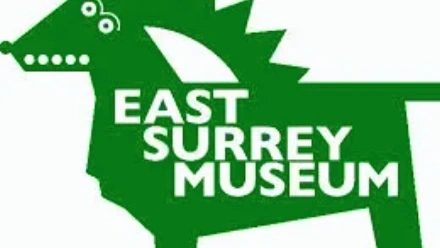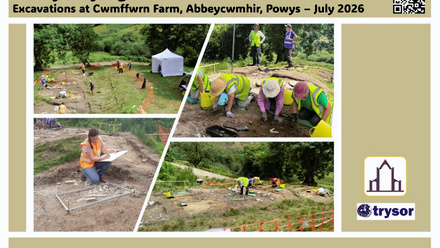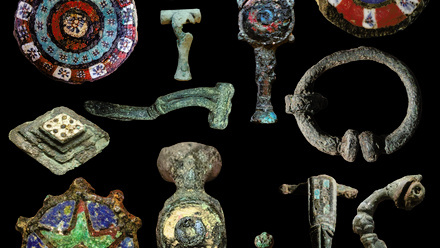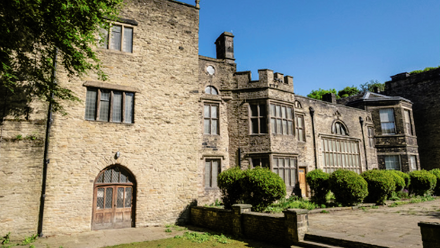Last year I wrote a blog for the Council for British Archaeology event, A Day in Archaeology where I wrote about my life as an Archaeologist living with disabilities (Clements 2021 (1)) as part of the Festival of Archaeology as well as making a video introducing the Enabled Archaeology Foundation (Clements 2021 (2)). In advance of this year’s A Day in Archaeology event on the theme of journeys I want to share the path I have taken since the article I wrote last year through to the Doctoral research I am now undertaking.
The advocacy work I have been doing with the Enabled Archaeology Foundation1 since last year naturally led me to joining the CIfA Equality, Diversity and Inclusion Committee and gaining a place on the CIfA Advisory Council. This work has enabled me to engage with a multitude of stakeholders as well as delivering training and providing advice.
Around the same time, I saw an advert for a Doctorate in DHeritage2 at the University of Hertfordshire which is the only course of its kind in the world. It is a part time course for people that have a minimum of five years professional experience and offers a great degree of flexibility. I had been considering higher education for a while, but it had never been the right subject of study or the right time for me. It was then that it occurred to me that I could combine my advocacy work and research so that they could inform each other.
Through my research I plan to examine how archaeologists and others working in the heritage sector with disabilities or conditions can be better supported to gain and stay in employment with a focus on chronic conditions. I want to examine the barriers that archaeologists with disabilities face in relation to employment and how these barriers can be broken down or mitigated against. Inclusivity and employment of disabled people is a wide-spread societal issue but within archaeology there are further unhelpful stereotypes which often emphasise physical ideals of being young, fit and healthy (Phillips and Gilchrist 2012, 674) with the focus often being on fieldwork. This leaves little place for bodies that are different from this ‘norm’ or ‘ideal’. This ‘ideal/norm’ needs to be examined and challenged.
Job seekers can encounter barriers starting at the recruitment stage through unconscious bias for example, while others have difficulties seeking to progress their careers. According to government statistics disabled people in general society are more likely to work part time and in lower-level roles (Official statistics 2021). However, part time roles are lacking in archaeology, especially those at higher levels.
Archaeology, as a profession, has a limited understanding of how disability affects career progression and continues, in the most part, to follow traditional working patterns and job roles, therefore making accessibility and career progression very difficult. This can lead to having overqualified archaeologists stagnating in lower-level roles and potentially leaving the sector. Disabled people need representation at all levels.
I am calling for employers to undertake training in unconscious bias, disability awareness and mental health first aid and to carefully consider and enact reasonable adjustments (as outlined in the Equality Act 2010) such as requests for part time working, job shares or flexible working to enable archaeologists with disabilities to gain employment and progress their careers. I am calling for employers to take more responsibility to actively recruit disabled archaeologists, to make clear paths for career progression (particularly for those with part time roles) and to go beyond minimum requirements.
You can follow Sarahjayne on her doctoral journey on Twitter @SarahjayneC88
Bibliography
Clements, S. 2021 (1) Life as an enabled/disabled archaeologist. Life as an enabled/disabled archaeologist | Festival of Archaeology (archaeologyuk.org) Date of Accession 13/02/22.
Clements, S. 2021 (2) Introduction to the Enabled Archaeology Foundation. An Introduction to the Enabled Archaeology Foundation – Enabled Archaeology Foundation Date of Accession 13/02/22.
Equality Act 2010: Duty on Employers to make reasonable adjustments for their staff Equality Act 2010: Duty on employers to make reasonable adjustments for their staff (publishing.service.gov.uk) Date of accession 09/03/22.
Official Statistics: The Employment of Disabled people 2021. Date of accession 26/01/22.
Phillips, T and R. Gilchrist. 2012 ‘Inclusive, accessible, archaeology’ R. Skeates, C. McDavid, C. and J. Carman (Eds.) The Oxford handbook of public archaeology. Oxford, Oxford University Press, 673-693.
Contact details
Sarahjayne
Enabled Archaeology Foundation






